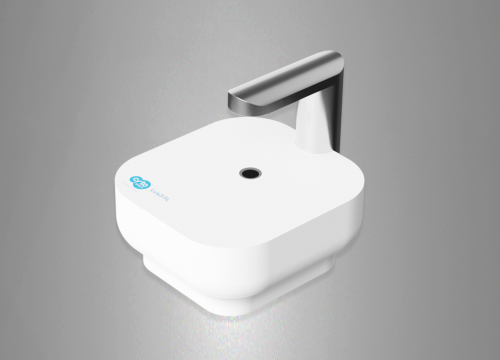Authors: Onal S, Alkaisi MM, Nock V.
Frontiers in Physics, 2021
Evidence continues to emerge that cancer is not only a disease of genetic mutations, but also of altered mechanobiological profiles of the cells and microenvironment. This mutation-independent element might be a key factor in promoting development and spread of cancer. Biomechanical forces regulate tumor microenvironment by solid stress, matrix mechanics, interstitial pressure and flow. Compressive stress by tumor growth and stromal tissue alters the cell deformation, and recapitulates the biophysical properties of cells to grow, di↵erentiate, spread or invade. Such a solid stress can be introduced externally to change the cell response and to mechanically induce cell lysis by dynamic compression. In this work we report a microfluidic cell-culture platform with an integrated, actively-modulated actuator for the application of compressive forces on cancer cells. Our platform is composed of a control microchannel in a top layer for introducing external force and a polydimethylsiloxane (PDMS) membrane with monolithically integrated actuators. The integrated actuator, herein called micro-piston, was used to apply compression on SKOV-3 ovarian cancer cells in a dynamic and controlled manner by modulating applied gas pressure, localization, shape and size of the micro-piston. We report fabrication of the platform, characterization of the mechanical actuator experimentally and computationally, as well as cell loading and culture in the device. We further show use of the actuator to perform both, repeated dynamic cell compression at physiological pressure levels, and end-point mechanical cell lysis, demonstrating suitability for mechanical stimulation to study the role of compressive forces in cancer microenvironments.
